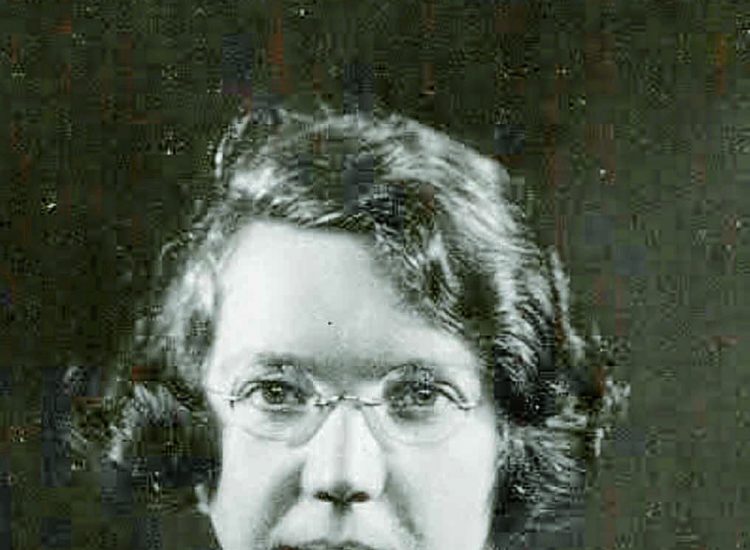SOCIAL workers in Dumfries and Galloway are at breaking point due to job pressures and caseloads that exceed the national average.
A combination of the pandemic, followed by the cost of living crisis, and invasion of Ukraine has resulted in a heavy reliance on the region’s social work department that’s never been seen before.
The reality of the situation was laid bare in a new national report by Social Work Scotland – as well as a local assessment by the region’s chief social work officer.
The reports show that caseloads for individual social workers in Dumfries and Galloway are often significantly higher than the Scottish average, particularly for adult social work, and supporting children and families.
Meanwhile, there are 384 cases still to be allocated to adult social work staff, while a further 2443 adult cases are not allocated to specific workers but overseen by teams as the department is stretched to the max.
Stephen Morgan, the council’s interim chief social work officer, has produced a report on the caseloads of local social workers, which will be discussed by councillors next week.
He writes: “Staff also support caseloads covering DGRI (54 service users); OT (occupational therapists, 544 service users); sensory support (135 service users); and Ukrainian support (78 service users).
“Within Dumfries and Galloway children and families social work (department), only experienced post-qualifying workers can undertake child protection and complex permanence work.
“Most of our social workers have less than two years’ qualified experience. This means that the most complex work sits with a smaller number of staff, placing a higher level of pressure on them.
“Staff absence though sickness and vacancies, places even further pressure on capacity to undertake the areas of work where children and the council are most vulnerable.”
He added that national research on what caseloads really should be would mean that a “significant increase in social workers would be needed for children and families, adult and senior/care co-ordinators.”
Last summer, a research report titled Setting The Bar was published by Social Work Scotland, which shone a light on difficulties and challenges social workers faced throughout Scotland.
Further research resulted in the publication of a follow-up report in December 2022, titled Setting The Bar II, Taking The Wheel’.
This document highlighted the following indicative caseload for social workers in Scotland: Adult social work – 20-25, criminal justice social work – 20-25, and 15 cases for children and families.
However, the current average caseloads in Dumfries and Galloway are: adult social work – 36, criminal justice social work – 27, and children and families – 23
In his report, Stephen Morgan states: “Setting the Bar states that when caseloads exceed 15 there is a small shift in the percentage of respondents finding their caseloads ‘hard to manage’ (25% to 36%) which increases to over 50 percent when caseload exceeds 25.
“Caseloads more than 30 associated with a marked increase in perceptions of being ‘completely unmanageable’.”
The new national report also describes social workers struggle trying to keep up with administrative paperwork, and being “fearful of making mistakes” while under pressure.
Only 87 percent of qualifying social workers enter the profession, with one in four not making it to six years in the job.























